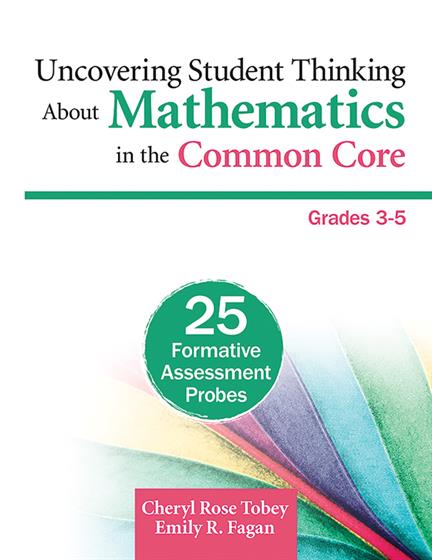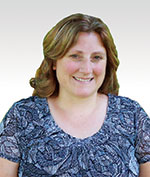
Hands-on, Practical Guidance for Educators
From math,
literacy, equity, multilingual learners, and SEL, to assessment, school counseling,
and education leadership, our books are research-based and authored by experts
on topics most relevant to what educators are facing today.
Uncovering Student Thinking About Mathematics in the Common Core, Grades 3-5
25 Formative Assessment Probes
Systematically address common mathematical misunderstandings in Grades 3-5 with 25 easy-to-implement assessments for continuously monitored learning. Includes sample student responses, teacher notes, and reproducibles.
Product Details
- Grade Level: PreK-12
- ISBN: 9781452270241
- Published By: Corwin
- Year: 2013
- Page Count: 248
- Publication date: December 17, 2013
Price: $39.95
For Instructors
When you select 'request review copy', you will be redirected to Sage Publishing (our parent site) to process your request.



